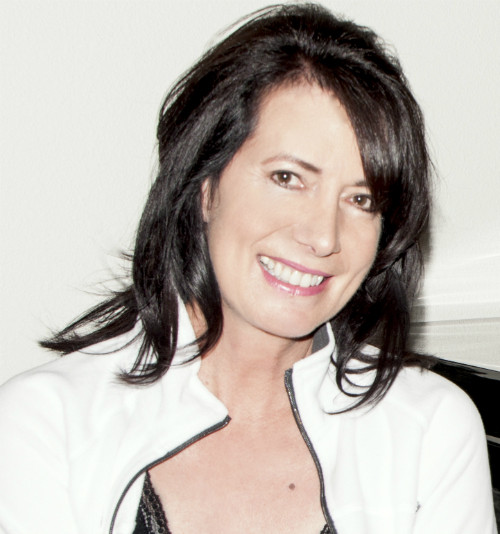
How and/or why did you become a therapist?
I knew I wanted to become a psychologist by the time I turned 12 years old. I distinctly remember stating my goal out loud while serving appetizers to my parents’ friends during a social gathering at our house. One of the guests asked me the ever-so-common, and often quite annoying question for a child, “What do you want to be when you grow up? Without hesitation, I answered quite confidently, “I’m going to be a psychologist!” The response I received was, “Why don’t you want to be a medical doctor?” I replied, “I don’t want to prescribe medicine. I want to help people heal their emotional pain!” I chose the field of psychology, and specifically becoming a therapist, for several reasons but mainly I seemed to be the one to whom people we’re drawn to share their emotional suffering. I suppose because of being a highly sensitive and empathetic soul. Plus, being a child of non-English-speaking immigrants (and my father a Holocaust survivor) definitely created several challenging dynamics in our family system. Being in the field would allow me to better understand the complexities of humanity—something I so deeply desired. Surprisingly, I never once deviated from my decision and have never had regrets about my chosen profession.
What are the most rewarding aspects of being a therapist?
I love being able to facilitate clients’ growth and change, and especially help them overcome adversity. My goal is to help people move from victim to survivor to THRIVER!
What’s unique or special in your background or approach to interpersonal relationships?
My rather traumatic childhood history created many emotional wounds. I wanted desperately to find peace and happiness and hence I was drawn to the field. I believe my depth of personal experience overcoming trauma allowed me to bring greater compassion, empathy, and creative tools to helping people heal.
What are your favorite or most interesting interpersonal relationship tips/advice?
Most people are doing the best they can at any given moment. Try to assume positive or neutral intentions on the part of people’s actions, unless otherwise noted. Practice the Platinum rule rather than the Golden rule. In other words, do unto others the way they ask you to do unto them (barring abuse, of course) rather than do unto others the way you would have them to do unto you. Why? Because we all have unique desires, needs and feeling and what I want may not be what you want.
What are some things about therapy that you want to increase public awareness about?
Many people still believe that therapy is only for “sick” people. We all have mental and emotional health issues and could benefit from having a trusted confidant, separate from our family members or friends, with whom to share our internal woes and life questions. Therapy is not a replacement for spiritual counselling or practice, but it can certainly enhance our understanding of ourselves—hence allowing us to have more gratifying interpersonal relationships.
What are some of the biggest mistakes a therapist or patient can make?
The biggest mistake a therapist can make is to believe that she “knows better” than her client and imposing her judgement. Therapists need to provide a compassionate, listening ear and gear feedback according to the personal needs of her client. Therapy is not one-size-fits-all!
Bio
Dr. Debra has authored 4 published books, including Dump That Chump! Tune in to The Dr. Debra and Therapist Kelli Show live Tuesdays from 1-2 pm PT or download to listen anytime. www.latalkradio.com (channel 1). You can learn more about Dr. Debra Mandel at www.drdebraonline.com.